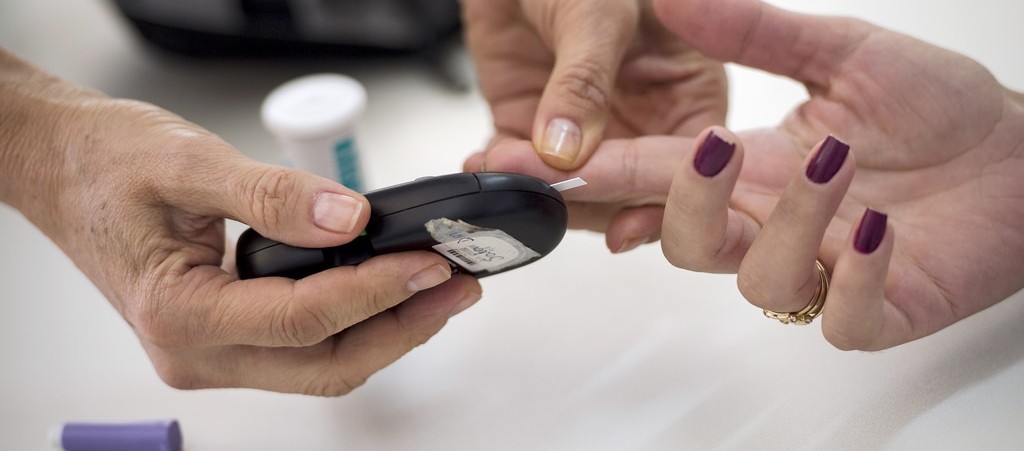
Diabetes is a chronic disease that appears when the patient’s pancreas does not segregat enough insulin or when the insulin produced by the organism is not used efficiently. Insulin is a hormone that regulates blood sugar levels. That is why a common effect of poorly monitored diabetis is hyperglycemia, a situation that eventually damages the performance of several organs.
There are two types of diabetes:
Moreover, there is the gestational diabetes, that can appear during pregnancy. In thos case, the hyperglycemia levels are higher than usual, but lower than the stablished ones for the diagnosis of diabetes. The patients with this disorder have a higher risk of complications during pregnancy and labor and a higher risk of suffering from type 2 diabetes in the future, both the mother and the children.
Some disorders and complications in vision associated to diabetes are:
Beyond regular examinations, you should go to the ophthalmologist in case of:
Contact us or request an appointment with our medical team.